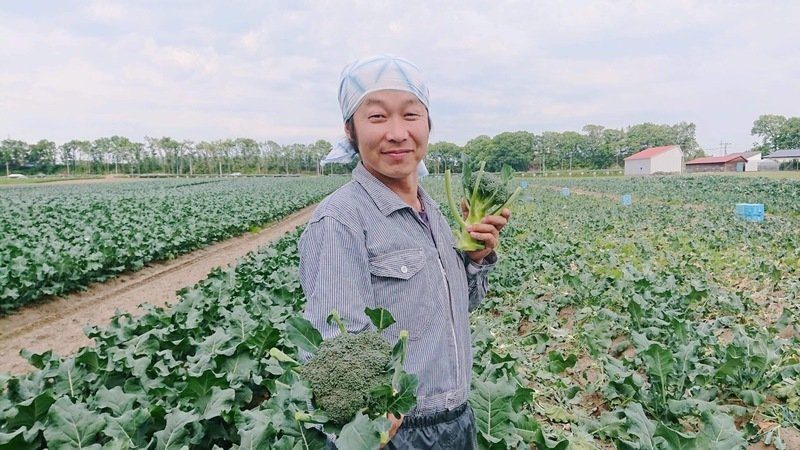A Japanese spine injury victim who cultivated and consumed cannabis to ease his pain is appealing to international media to press his case after arrest under Japan’s strict drug laws.
Tetsuya Aoyama, who suffers from cervical damage as the result of a work injury, was arrested last December for a private cannabis grow. Police raided his home in Obihiro City in the Hokkaido prefecture, seizing 29 kilograms of hemp Aoyama was growing for his own treatment and for a circle of others who suffer a range of maladies.
Aoyama has scheduled a press conference with the Foreign Correspondents Club of Japan (FCCJ) at the advice of his attorneys.
Court is dismissive
Court sessions held in Aoyama’s case so far have summarily dismissed medical and scientific evidence presented by his defense team as well as a petition he brought to court that was signed by others who support the use of cannabis as a healing and pain relief agent.
“I’ve grown the plant first to treat my pain after the spine injury,” Aoyama said. “Then to provide comfort for others who suffer from mental and physical pains which cannot be treated by taking prescribed drugs.”
Human rights violation
Aoyama said he is “not merely asking to allow the use and cultivation of medical cannabis,” but called his arrest “a serious violation of human rights.
“I want to appeal to the world,” Aoyama said. “I’m scared of what the court is trying to judge in this trial. My trial will be over without showing the scientific basis for my case.”
He is also critical of Japan’s Cannabis Control Law and what he sees as the uneven treatment of defendants in cases pressed under that law.
Strict enforcement
“The Cannabis Control Law is for a crime without victims,” Aoyama said of restrictions installed after World War II, when Japan was under allied occupation, and anti-marijuana mania had taken hold in the USA. Pressure from U.S. interests and changing global drug policy led to adoption of the Law, which has been strictly observed in Japan ever since.
He also said defendants arrested under the law face unnecessary public shaming. “The handling after arrest is special in a cannabis case, and it’s customary that the police lead the media to report arrests immediately. It’s an act of labeling the villain and causes serious damage to dignity,” Aoyama said.
Applied for license
Aoyama, who comes from a farming family in the historic hemp-growing region of Hokkaido, had been growing local wild cannabis varieties called Dosanko as well as some strains obtained in Amsterdam.
“As the son of a farmer, I know how to grow plants in large amounts,” Aoyama said. “Moreover, hemp grows naturally around my home. My grandmother told me that hemp used to be one of our crops.”
Aoyama said he applied for a hemp grower’s license twice, in 2011 and 2012, but was rejected both times.
He is represented by attorney Hidehito Marui, a criminal lawyer who has been defending cannabis cases for 40 years.

